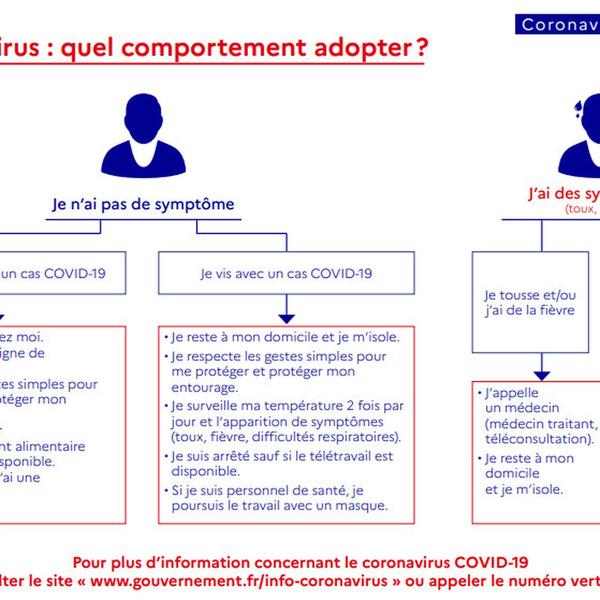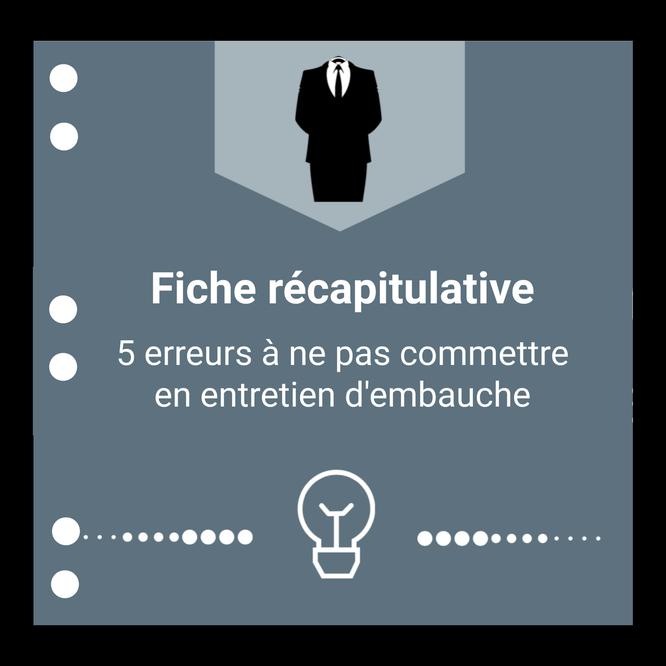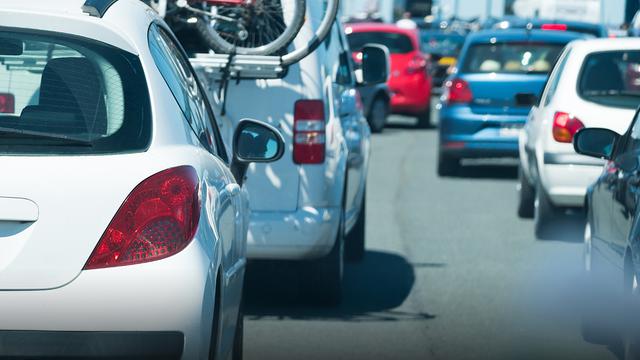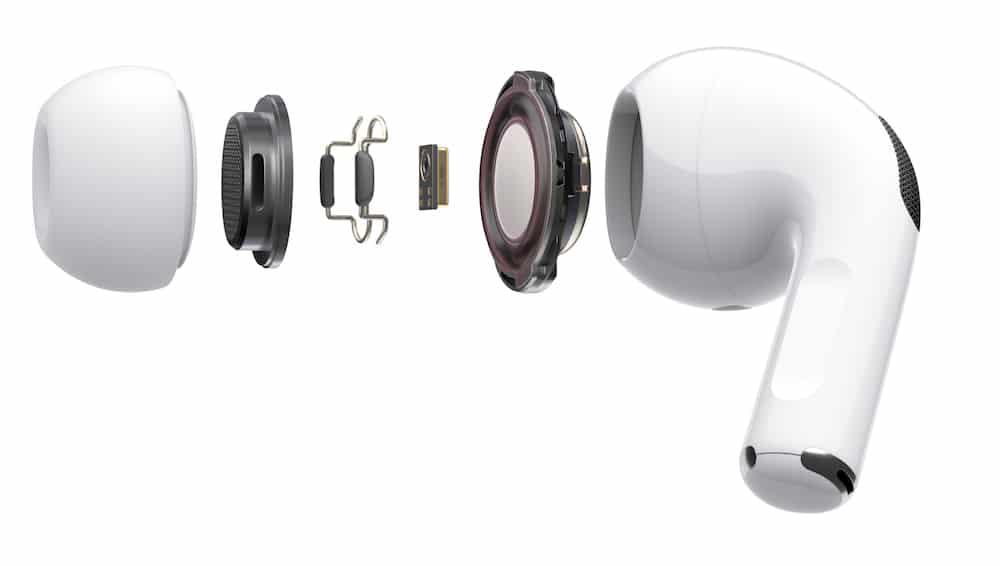Deconfinement: I have been in contact with a person carrying Covid-19: what should I do?
Submitted by
As part of the deconfinement launched on May 11, the government has encouraged the creation of “health brigades” throughout France. His goal ? Avoid a resumption of the epidemic in heavily affected regions and block its spread elsewhere. These brigades are made up of staff from the Health Insurance Funds and Regional Health Agencies (ARS). In conjunction with the attending physicians, they are responsible for identifying and informing people who have been in contact with infected patients outside the home. If this is your case, here is the procedure to follow to take care of yourself and break the chain of contamination.
If you have been in contact with a person who tested positive for Covid-19, a health insurance team - the famous "health brigades" - is responsible for informing you and telling you what to do. The instructions are simple and must be implemented without delay: you isolate yourself to prevent the spread of the virus, you get tested to find out if you are sick, and you monitor your state of health.
I'll get tested without delay
Are you showing signs of Covid-19, or does everything seem to be going well for you? Do you live under the same roof as the detected person? Is it a neighbor or a colleague? Depending on the circumstances, the instructions and precautions to follow are not quite the same.
1. I have no signs of the disease and I live with the sick person: In this case, no hesitation: place yourself in “preventive fortnight” and immediately take a test at the screening center indicated by the Health Insurance. The test is performed from a nasal swab and is 100% covered. No need for a prescription: your Vitale card and your identity card are enough. Stay isolated while waiting for the result. In general, this is available within 24 hours. If necessary, a work stoppage will be sent to you. If the test result is positive: you are infected. You must remain isolated and monitor your health. The Health Insurance teams will contact you to identify the people you could have infected in turn: relatives, neighbors, work colleagues... If the test result is negative: you must repeat it 7 days after recovery of the person affected by Covid-19, i.e. at least 8 days after the first signs of the disease. If the test is negative again and you have no signs of the disease, it is possible to ease the containment measures.
2. I have no signs and I do not live under the same roof as the sick person: Even in the absence of symptoms, a test must be carried out. You must do this at least 7 days after your last contact with the sick person. Before, it is useless: if it is carried out too early, it can turn out to be negative, even if you are infected. If the test result is positive: you are infected. You must remain isolated and monitor your health. Always according to the same procedure, you will be contacted by the health insurance teams, in order to identify the people you could have infected without your knowledge. If the test result is negative: you are probably not infected. The isolation instructions can be reduced, but precautions must be taken until the 14th day following your last contact with the sick person. Namely:

3. I have signs or they appear during my isolation: Go to the screening center indicated by your Health Insurance and take the screening test immediately. If the result is positive, you are infected. You must self-isolate and monitor your health. The Health Insurance teams will call you to identify the people with whom you have been in contact and notify them in turn. If the test result is negative, contact your doctor and follow his instructions. Remember: if you are a carrier of the virus, you must absolutely avoid fragile and at-risk people. Who are they? People over 65, but also pregnant women in the 3rd trimester of their pregnancy, people with significant obesity, people with chronic diseases with hypertension, diabetes or heart disease... Due to their age or state of health, they are more vulnerable to the virus and risk developing serious forms of Covid-19. So let's protect them!
I isolate myself and organize myself to protect those around me
Why should I isolate myself? Quite simply to avoid infecting other people in turn, in case one is infected with the virus. As a reminder: anyone affected by Covid-19 can be contagious 48 hours before the first signs appear. Moreover, it is quite possible to be a carrier of the virus and to be sick, without showing the slightest symptoms. Reasons why physical distancing and isolation are necessary.
When the conditions are right, it is quite possible to stay at home, after discussing it with your doctor. If necessary, other solutions may be offered by the isolation support unit in the region where you live. She will then contact you. Surgical masks will be prescribed to you for the entire duration of the isolation: they can be removed or had them removed from the pharmacy.
Whatever the place of confinement, it is essential to protect your family and those around you from the virus:
1. By respecting barrier gestures and physical distancing
2. By limiting contact with the outside world
3. By adopting impeccable hygiene
If you are isolated at home, you must ensure that your accommodation is well ventilated: at least 10 minutes, several times a day, by opening the windows.
All these procedures must be followed until the end of the isolation. If you are accommodated in a reception centre, specific instructions will be given.
How can I properly monitor my state of health?
During the period of isolation, the state of health must be closely monitored. In the slightest doubt or if symptoms appear, even slight, it is very important to call the doctor without delay to be tested within 24 hours. In the absence of a treating doctor, you can call 09.72.72.99.09 : Health Insurance will provide you with the contact details of a general practitioner (free service + cost of the call).
If you suffer from breathing difficulties, you should immediately call 15 or 114 for the deaf or hard of hearing.
1. I have no signs of illness
It's simple: take your temperature twice a day and watch for any signs of Covid-19. They are numerous :
In the elderly, these different signs are suspicious and should serve as a warning signal: sudden deterioration in general condition or mental abilities, state of confusion, repeated falls, rapid worsening of a known illness. In all these cases, a call to the doctor is essential!
2. I am positive for Covid-19
In general, people with Covid-19 recover within a few days, with rest. While waiting to get better and recover your health, vigilance is required. Monitor your temperature twice a day: in case of fever or headache, take 1 gram of paracetamol, 3 times a day maximum (3 grams per day maximum in total). On the other hand, ibuprofen and any other anti-inflammatory should be avoided.
If you are taking treatment for another illness, do not interrupt it under any circumstances without the agreement of your doctor. In the same way, do not take any other treatment without the advice of your doctor (or your pharmacist). In case of doubt or for any other health problem, do not hesitate to contact him by telephone: it is by watching over his health and respecting all of these instructions that the spread of the virus can be stopped.
Sources: gouvernement.fr/info-coronavirussante-gouv all you need to know about Covid19
Read alsoAuthor: - Article published on


![PAU - [ Altern@tives-P@loises ] PAU - [ Altern@tives-P@loises ]](http://website-google-hk.oss-cn-hongkong.aliyuncs.com/drawing/179/2022-3-2/21584.jpeg)

![Good deal: 15% bonus credit on App Store cards of €25 and more [completed] 🆕 | iGeneration Good deal: 15% bonus credit on App Store cards of €25 and more [completed] 🆕 | iGeneration](http://website-google-hk.oss-cn-hongkong.aliyuncs.com/drawing/179/2022-3-2/21870.jpeg)





Related Articles